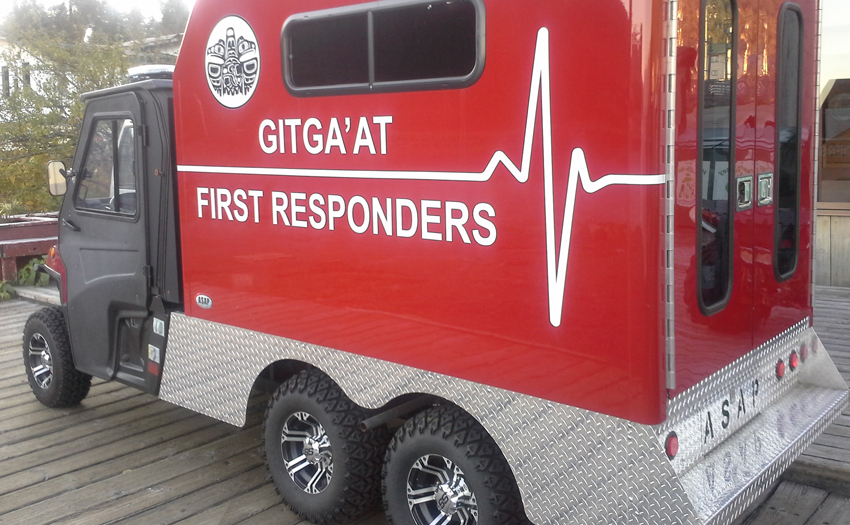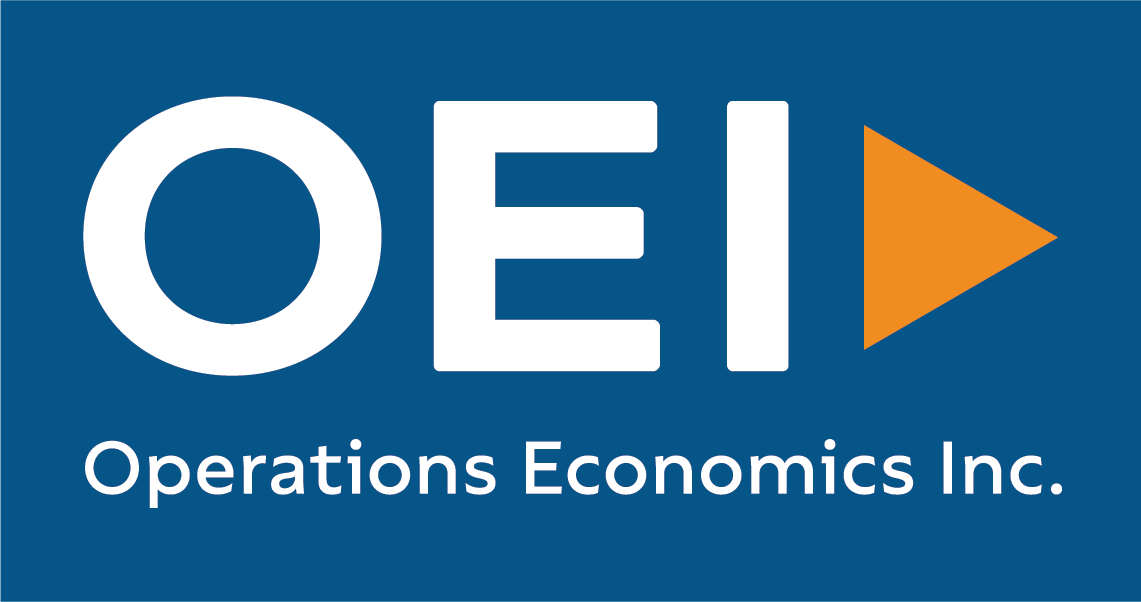
October 9, 2021: Improving transport of medical care to remote First Nation communities
Working with the First Nations Health Authority (FNHA), OEI developed a road map for planning medical evacuation infrastructure for First Nation communities across BC.
First Nations Health Authority: A First for Canada
The First Nations Health Authority (FNHA) is responsible for planning, designing, managing, and funding health services for First Nations people in BC. In 2013, a tripartite agreement between the Province of BC, Canada, and BC First Nations set up this unique organization, which serves 203 First Nations across the province.
The FNHA’s community-based services focus on health promotion and disease prevention, and include:
- primary health care through more than 130 medical health centres and nursing stations
- children, youth, and maternal health
- mental health and wellness
- communicable disease control
- environmental health and research
- health benefits, and
- ehealth and telehealth.
The Challenge
Many First Nations communities in BC are remote and often poorly connected to existing transportation systems. These communities also lack hospitals, labs, and medical practitioners. Patient transfers for emergency or ongoing care purposes are often debilitating. The FNHA initiated the project in early 2021 to respond to calls for improvement to medical aviation evacuations from First Nation communities.
FNHA engaged OEI to advise the Authority on aviation regulations and standards, as well as related infrastructure and construction standards for aerodromes. The project also required recommendations to improve medevac services to First Nation communities. This included identifying communities that would benefit most from improved aviation infrastructure.
OEI’s Response and Recommendations
Previous analysis had identified six communities with acute transportation issues, and this project examined options for improving aviation infrastructure at more than 25 communities across the province. The focus was on heliports, but airports, seaplanes, and vessels were considered in the analysis.
The recommendations include developing a test site heliport at a BC First Nation. The plan is for the FNHA to begin planning this first site in the fall of 2021. Considerations when examining communities included degree of remoteness, access to aviation or road infrastructure, and other factors.
Recommendations from the OEI-led project included initiating a test-case project, gathering base data on FNHA and passenger health travel, and developing a program for supporting aviation infrastructure and medical transportation at First Nation communities.
